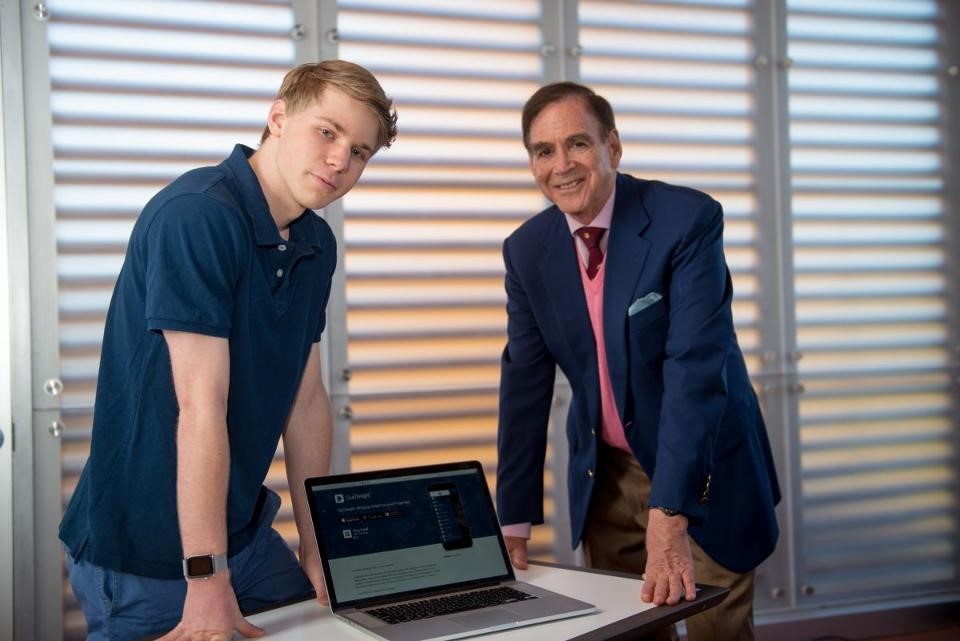Due to the latest and emerging technologies are reshaping the nature of work along with particular skills at this place, there is a demand for parallel change in our education system. There are 65% of students who are starting school to get the required skills that they have needed during the job and the skills which they have not still built-in. According to the Bureau of Labor Statistics, it is a shocking fact that unemployment rates are very high even there is a job position empty. The major reason behind this is that students are graduated from high colleges and universities without having the skills they need for future employment and for the digital era. So to be prepared yourself for future jobs, now students need to learn the long-term process. So, some questions arise here, how our schools can transform our education system to make it easily adaptable and related to the future? And How can they substitute the capability for long-term learning that young people inflowing the labor force today need for future success?
Educational and Employment Success
Stephen is a chancellor of New York’s preschool Dwight School, has been asking questions for 50 years ago. As they are serving head for the longest period of time as an independent school in the U.S., he has a different view of the present and future of education for Americans. Chancellor Stephen says that in curriculum activities must advance continuously to keep pace with the realities students will face as they shift into the world of work, which means learning by doing certain actions or tasks. Education should equal relevant, practical information and skills. Students must have the ability to ask questions during lectures, solve problems giving by your professors, create projects in which you have more interest as well as abilities, and also apply your learning in a real-world context. The key point which they want to deliver is combining education with theory and practice. At Dwight School, the curriculum is designed with a strong combination of the International Baccalaureate classroom environment with real-world applications, after-school programs, and they offer internships, job following, and other advanced creativities. The main or fundamental elements in education are writing, speaking, and analyzing. After that student learns as per their skills and talents, for example, a student who wants to become an actor he just takes a few classes online and polish their skills and spend some time while working with the directors and actors. According to Stephen, it is his job to design such an atmosphere for students where students easily explore their passion and interest. If you have a spark to get skills and learning, then definitely you get success. At the same time, learners need to be able to apply research and follow projects till to its end.
The Real World Situation
Dwight’s creativity stand-in revolution, entrepreneurship, and leadership skills in the real world situation. For example, all sixth-graders took part in a ten-week project with a challenge of capstone event: preparing food and serving a three-course meal, but they were not allowed to use a kitchen. Students get guidance from the passed out students and cooking experts. All students try to learn different operations of restaurants, which include finding proper ingredients to creating a menu, understand how to decor the dining room, and how to cook and serve a meal. These types of events are helpful for the students to develop core skills that will help you in the future to adapt to any career. According to Stephen’s perspective, “a well-educated student is a one who in case of any transfer or circumstances will prosper and flouris”. Eventually, students must apply their learning to a path of their career success. There is no alternative for learning by doing. Real-world application of learning offers a core foundation for instructive or career path. The growth of critical thinking, problem-solving skills, teamwork, and communication skills, which are so significant for success in any field. Students of Dwight schools encourage them to develop their ideas for business and products. Under the mentoring and counseling of teachers, and the Dwight School Basis Spark Tank Committee, including parents and pass out students, encourage young people to develop their ideas from the initial point of prototypes. Spark Tank students have shaped clothing lines, medical devices, apps and prosthetics, and have designed businesses that objective to model to make the world a better place. Spark Tank illustrates that given the gears and the liberty to revolutionize, there is no boundary to what young people can achieve. In Chancellor Stephen’s view, this liberty is the transformation in education that we need, and also educators should hold as the most powerful way to change education in a fast-growing world.
